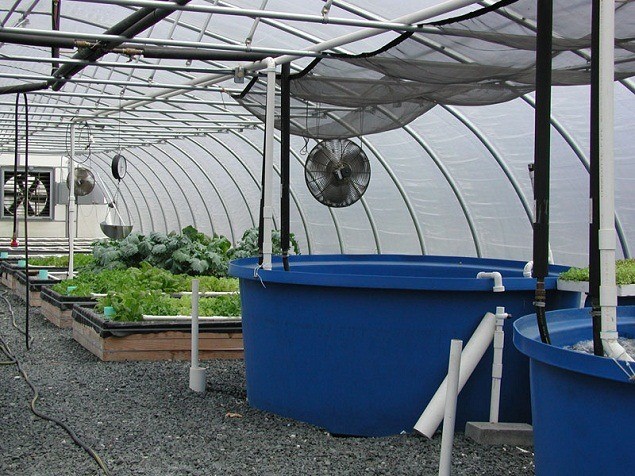Hydroponics is a method of growing plants without the use of soil. Instead, the plants are grown in a nutrient-rich water solution. This method of gardening has several benefits over traditional soil-based gardening, making it an attractive option for both commercial and home growers.
Space:
One of the biggest benefits of hydroponic gardening is that it allows for higher crop yields in a smaller space. Because the plants are not anchored in soil, they can be spaced closer together, allowing for more plants to be grown in the same area. This makes hydroponic gardening ideal for urban environments where space is limited.
Speed:
In addition to increased crop yields, hydroponic plants also grow faster than soil-based plants. This is because the plants have access to a constant and easily-absorbed supply of nutrients, allowing them to grow and develop more quickly. This means that hydroponic growers can enjoy multiple harvests in a single growing season, providing a steady supply of fresh produce.
Water:
Another benefit of hydroponic gardening is that it is more sustainable than traditional soil-based gardening. Because hydroponic systems use less water and fewer chemicals, they have a lower environmental impact. In addition, the closed nature of hydroponic systems means that there is less risk of soil erosion and runoff, protecting local water sources.
Weather:
Additionally, hydroponic gardening allows for greater control over the growing environment. Because the plants are not at the mercy of weather and soil conditions, hydroponic growers can easily control factors such as temperature, humidity, and nutrient levels. This allows for more consistent and predictable results, making hydroponic gardening a reliable way to grow high-quality produce.
Overall, hydroponic gardening offers several benefits over traditional soil-based gardening. From increased crop yields and faster growth to sustainability and environmental control, hydroponic gardening is a valuable tool for both commercial and home growers.

